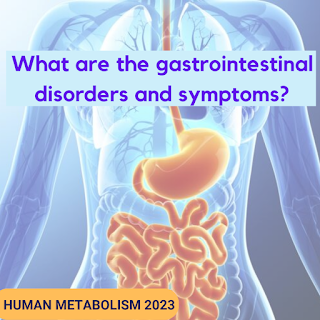How much physical activity do we need to lose weight?

Exercise and physical activity are good for just about everyone including aged grown-ups. Aim for at least 150 minutes of moderate- intensity aerobic activity working hard enough to raise your heart rate and break a sweat each week. You don’t have to accomplish this all at formerly, rather, you can break up your activity over the course of seven days. However, try to be as physically active as you can, if you can’t meet the thing right down. Doing commodity is better than doing nothing at all. For adults at every weight , aging is associated with muscle loss, which makes certain activities difficult. Being active can help older adults maintain muscle mass and make it easier to conduct daily activities, participate in outings, drive, keep up with grandchildren, avoid falls, and stay as independent as possible. You don’t need to spend a lot of plutocrat joining a spa or hiring a particular coach to get fit. Suppose about the kinds of physical activities that you enjoy, for illustra...





